Without Ukraine, the European Union’s ‘difficult period’ will become even more difficult
The New Europe Centre traditionally brought together international experts on European integration in Kyiv for an annual discussion, the fourth EU Accession Exchange Forum. Read the article summarising the forum to find out what steps could accelerate EU enlargement and make the process more understandable and predictable for Ukraine.
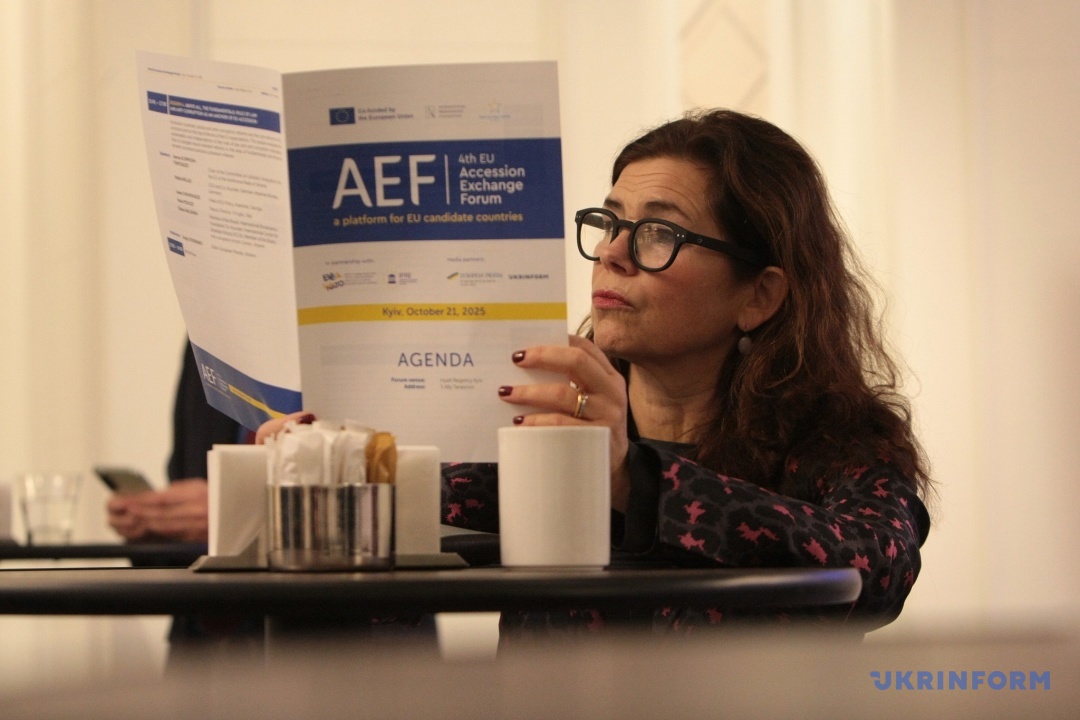
THE CURRENT LOGIC OF EXPANSION
On 28 February 2022, four days after Russia’s full-scale invasion, Ukraine applied for EU membership. This unprecedented step in the context of an actual war was a turning point that forced the EU’s internal bureaucratic mechanisms to stir, while giving new hope to other countries on the continent that had long sought to become part of a united Europe but only pretended to reform, while Brussels pretended to move towards enlargement.
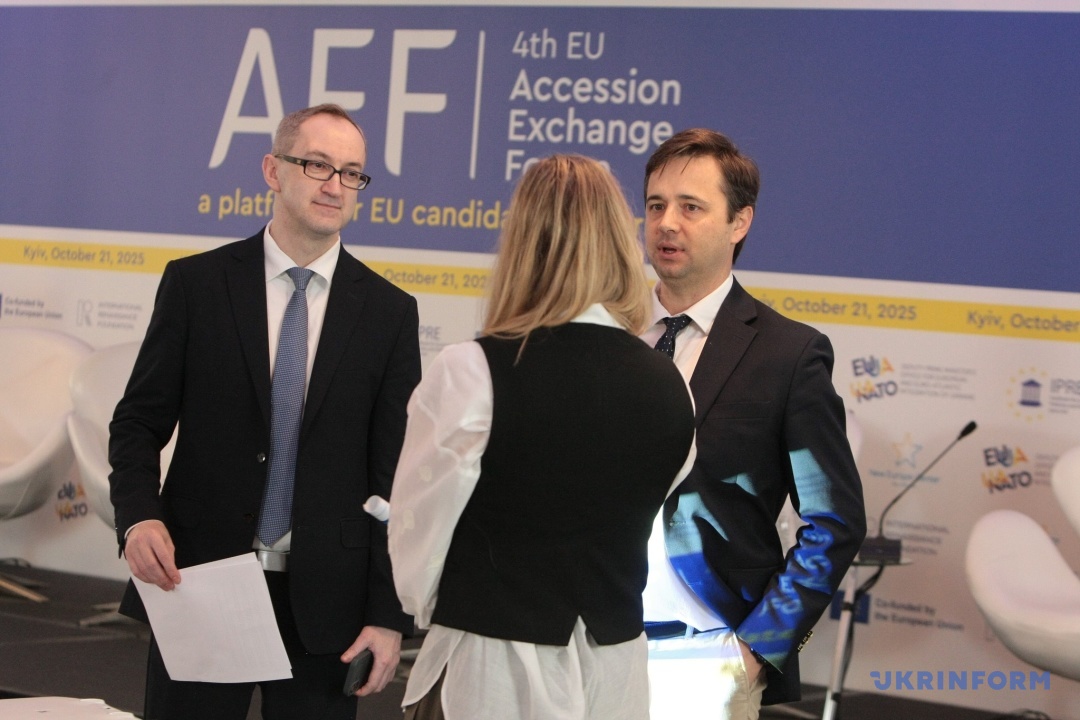
Against the backdrop of tectonic shifts in the geopolitical situation on the continent, it has become clear that the EU has no choice but to become a strong and influential player capable of defending its values on the world stage. Its power can no longer be measured solely in terms of normative or soft power. In today’s reality, Europe must also rely on strong military and military-industrial capabilities, as well as the resilience of societies in its 27 member states.
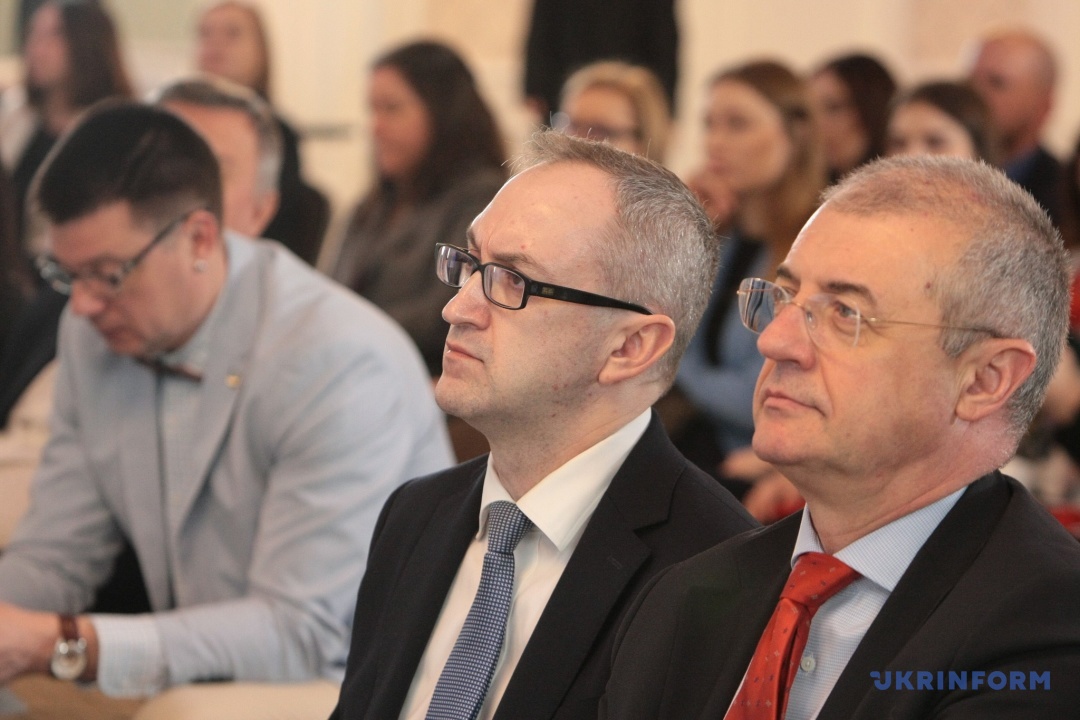
The key message conveyed by the Ukrainian side is that a strong Europe is impossible without a strong Ukraine, noted Serhiy Solodkyy, Director of the New Europe Centre, in his address to the forum participants. At the same time, a successful Ukraine is impossible without a successful EU, as we see future membership as one of the key guarantees of security, he added.
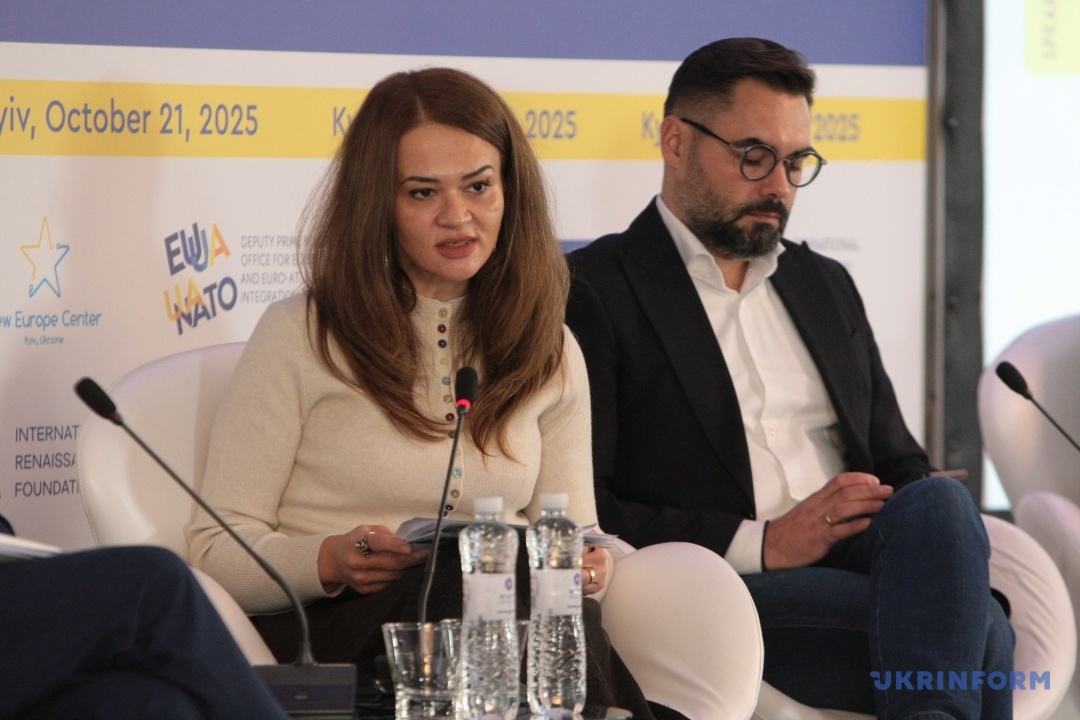
“Since Russia’s full-scale aggression against Ukraine, the whole logic of enlargement has changed and shifted. So what was once considered a technocratic exercise has become a matter of geopolitics and security. This reminded everyone in Brussels and across the continent that enlargement is not just an administrative procedure,” emphasised Drita Abdiu-Halili, former deputy chief negotiator for North Macedonia’s accession to the EU.
In her opinion, which coincides with the vision of European officials, in particular European Commissioner for Enlargement Marta Kos, Ukraine has done the incredible by carrying out institutional reforms and maintaining a functioning democracy under real attack from an aggressor.
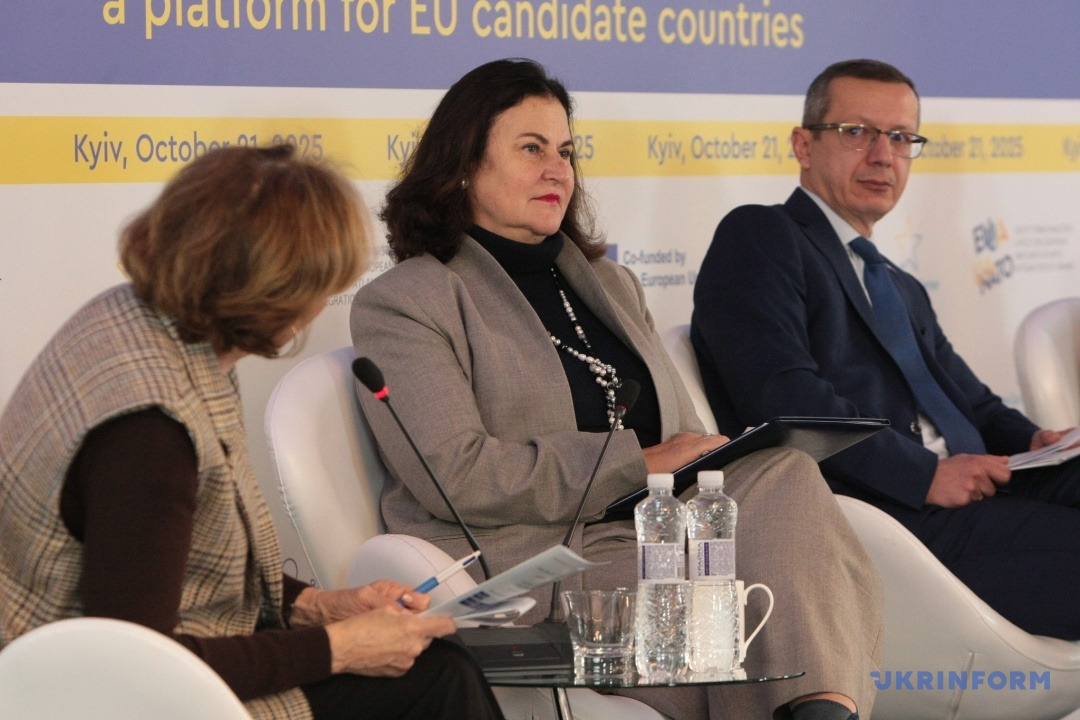
In this regard, it was nice to hear words of support from Katarina Mathernova, Head of the EU Delegation to Ukraine, and to see her deep understanding that without Ukraine, its army, ingenuity, innovation, technology and resilience, the ‘difficult period’ for Europe would be even more difficult.
‘Our only hope is to help Ukraine win this war and for Ukraine to be with us,’ said the ambassador, and, as we know, diplomats almost never publicly express opinions that differ from the political position of their leadership — in this case, the European External Action Service.
European Commission President Ursula von der Leyen calls the continuation of the EU enlargement process a geopolitical imperative against the backdrop of unprecedented security threats facing Europe.
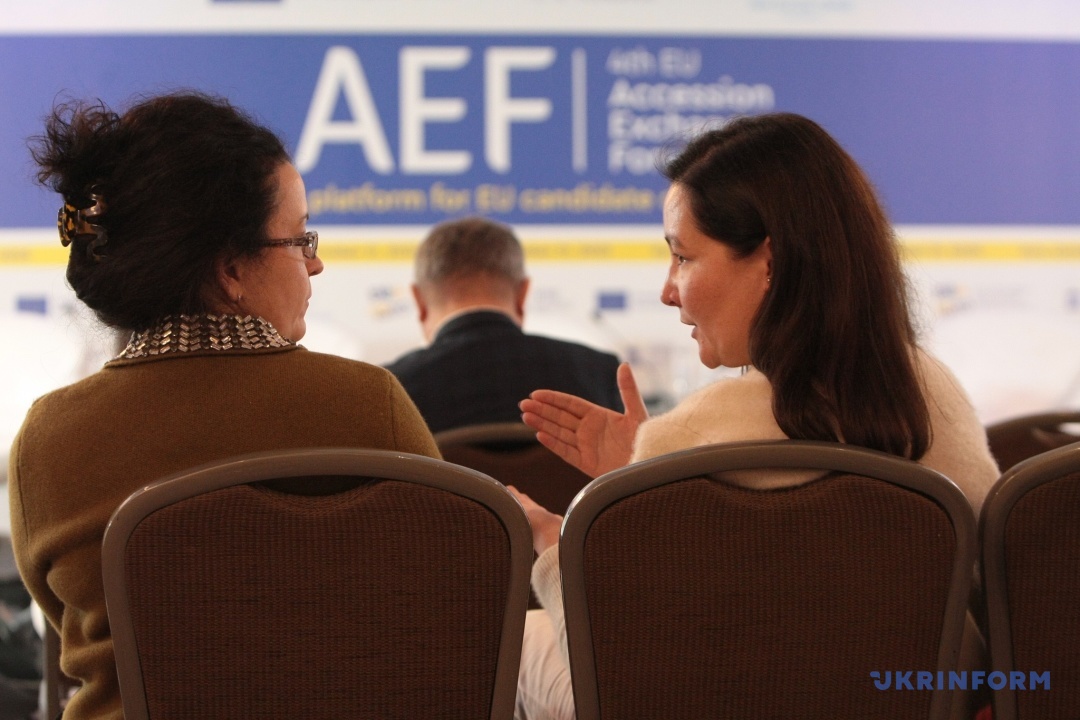
HOW TO TALK TO EU CITIZENS
As Alexander Sushko, Executive Director of the International Renaissance Foundation, pointed out, according to the latest Eurobarometer survey (from September 2025), more than 50% of EU citizens support its enlargement, and Ukraine is the most anticipated future EU member, according to Europeans. Even in the Netherlands, where a decade ago people voted against the Association Agreement, 65% of the population now supports the idea of Ukraine joining the EU.
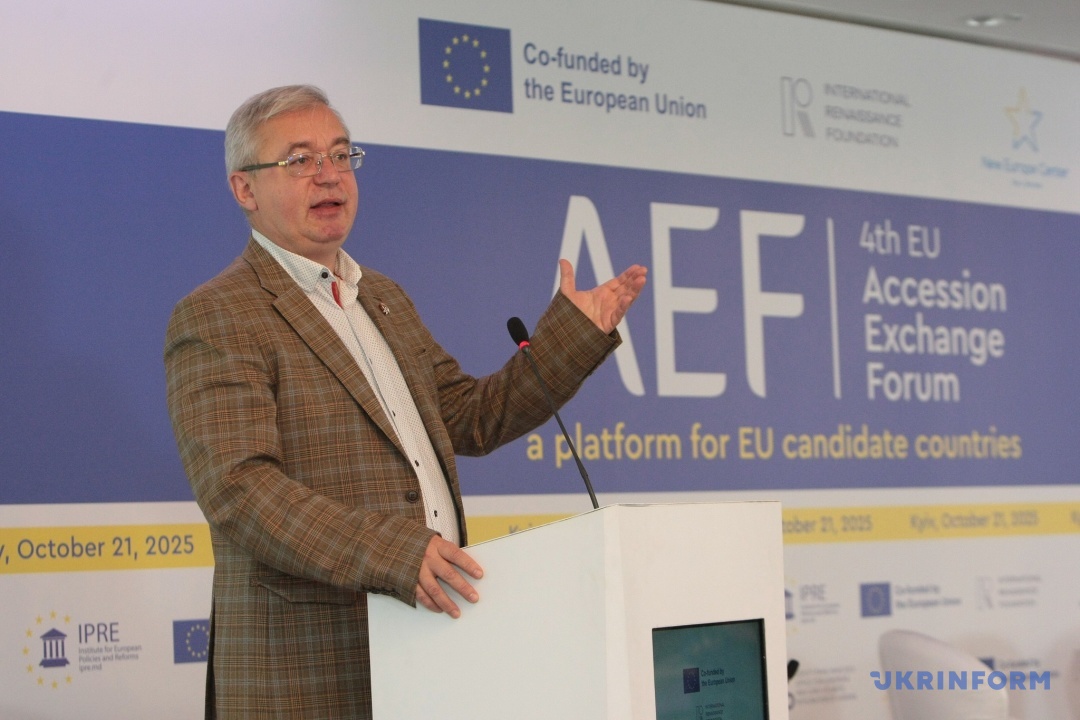
At the same time, for example, in Germany, 67% of the population admits that they do not have sufficient information about EU enlargement and, accordingly, are not aware of its potential benefits.
In addition, the obvious ‘moral’ factor that previously played a role in debates about the advisability of accepting candidate countries, particularly Ukraine, has gradually lost its relevance, so Europeans need to be explained why enlargement will benefit them and why they should not fear it.
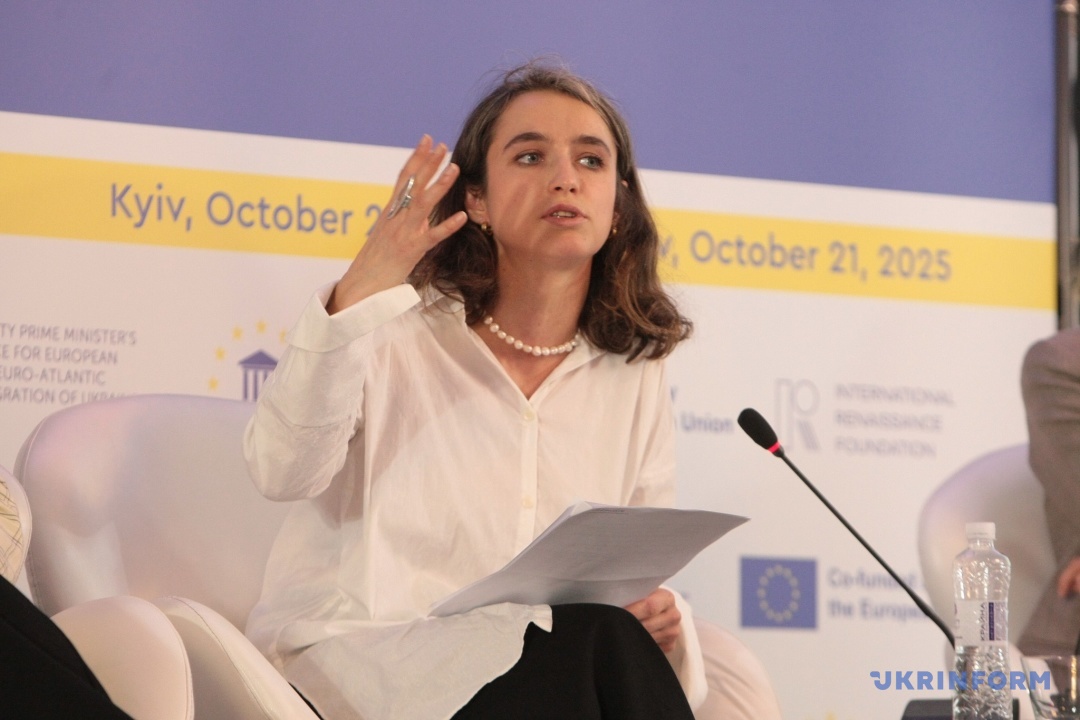
“We have long presented this expansion as a moral obligation, as well as a reward for Ukraine’s democratic commitment and for defending our democracy and fighting against Russia’s invasion, which remains relevant. But I also believe that we need to appeal more to citizens with practical arguments,” comments Anastasia Pochumb, an expert at the German Council on Foreign Relations (DGAP), who herself was born in Moldova and understands better than anyone the importance of such explanations for a European audience.
Those promoting the enlargement agenda must also shape narratives in a timely manner, before Russia does. Security, energy sustainability, digitalisation and economic competitiveness are just a few of the elements of EU consolidation that candidate countries can and should offer.
It has been repeatedly stated that the admission of candidate countries is not charity, but an investment. An investment in a stronger Europe.
Although, of course, as in previous stages of EU enlargement, when Eastern European countries became member states, there will always be those who suffer certain losses. The forum recalled how French car manufacturers were, to put it mildly, less than enthusiastic about the transfer of production capacity to Slovakia, which offered more favourable conditions for business.
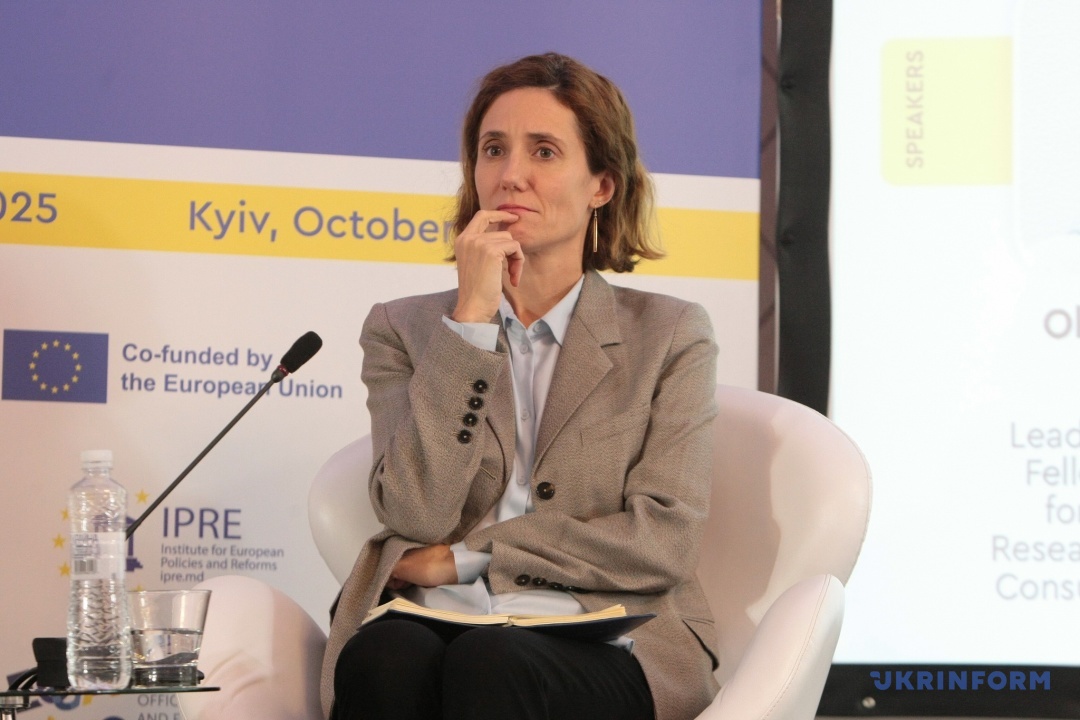
Therefore, the European Union needs to prepare for such discussions now, notes Yana Kobzova, an expert at the European Council on Foreign Relations (EFCR): ‘The relevant fears need to be worked through, discussed with businesses and stakeholders. This is the strategy for minimising risks.’
Incidentally, there is a certain irony in the fact that it is Ukraine (regardless of certain fears in some European countries about the potential impact, for example, the Ukrainian agricultural sector on the incomes of European farmers) will be able to help Europe implement the recommendations of the so-called Draghi report, in which former European Central Bank President Mario Draghi sounded the alarm, calling on Europe to rethink its approach to its own competitiveness.
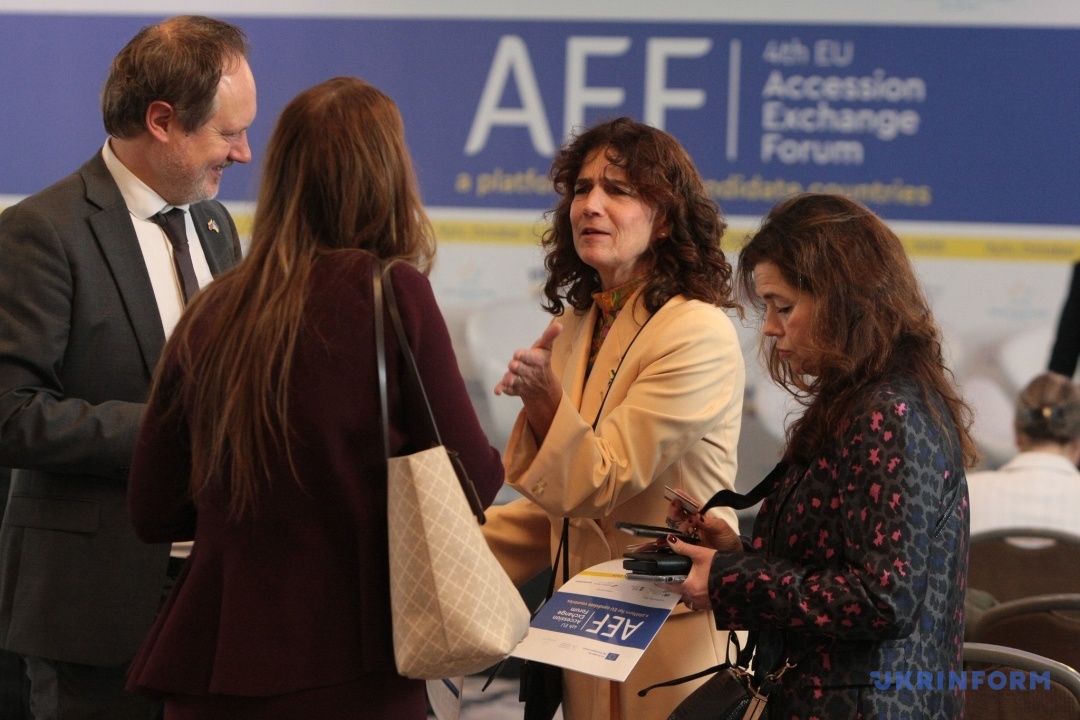
WHAT TO DO ABOUT HUNGARY’S BLOCKADE
One of the main issues on the forum’s agenda was what to do about the fundamental unwillingness of one EU member state to unblock the further negotiation process, prevent Ukraine from losing trust in the European Union and the ‘merit principle’, according to which there are currently no grounds for delaying accession. Unfortunately, this is what the Hungarian government under Viktor Orbán, who has long been a staunch Eurosceptic, is doing.
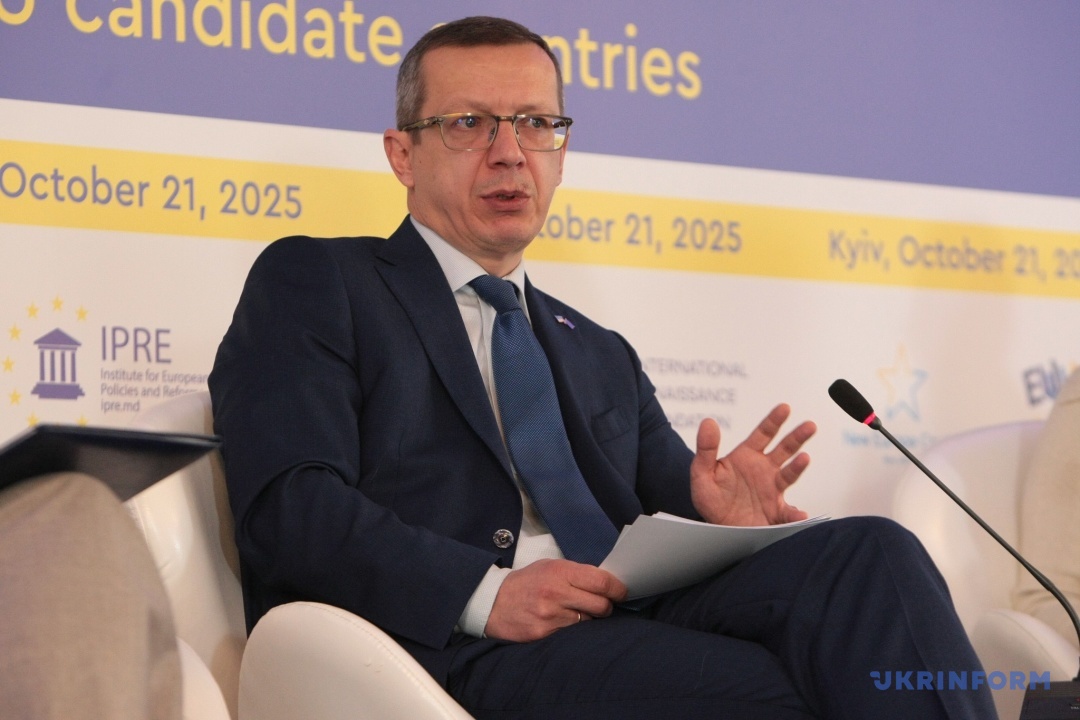
Speaking in the presence of the EU Ambassador to Ukraine, Oleksandr Ilkov, Director General of the Government Office for Coordination of European and Euro-Atlantic Integration of Ukraine, stated bluntly that without unblocking the negotiation process, Ukraine faces a phase of reform fatigue.
“Not because of a lack of will or commitment, but because major reforms now require significant political capital to move forward. Our message is very simple: Ukraine is not asking for concessions. We are asking for predictability. We need a clear and reliable roadmap, where every successful reform is rewarded with tangible progress,” the representative of the Ukrainian government urged.
He recalled that while Hungary is blocking the negotiations, Ukraine is open to technical consultations on the mechanisms of the EU Council to ensure the best possible preparation of all parties.
‘At the same time, I understand that these consultations must remain informal and will not replace the official accession procedure,’ noted the Director General of the Government Office.
Experts and diplomats generally agree that Ukraine should not ‘wait for something from Orbán to continue reforms,’ and this statement makes sense, because the sooner the transformations expected by Brussels take place, the sooner the negotiation clusters will be closed in the future.
This is, in fact, what lies behind the idea of so-called frontloading, which is being actively discussed in Brussels, i.e. loading the negotiation process with useful actions (read: continuing reforms) right now, before the process of opening clusters is unblocked.
Although the participants were, of course, interested in the details of a possible scheme for the gradual integration of candidate countries into the EU, for example without granting voting rights, as reported by Politico with reference to unnamed EU diplomats and one European official, no additional details of this hypothetical plan were heard at the forum, at least publicly.
Off the record, one of the participants admitted that Brussels has been working on various versions of such schemes for several years, but without success. Another diplomat, also off the record, admitted that the most likely scenario is not to bypass Hungary’s veto, but to wait for the upcoming elections, in which Péter Magyar has a good chance of ending the long tenure of the current Hungarian government leader.
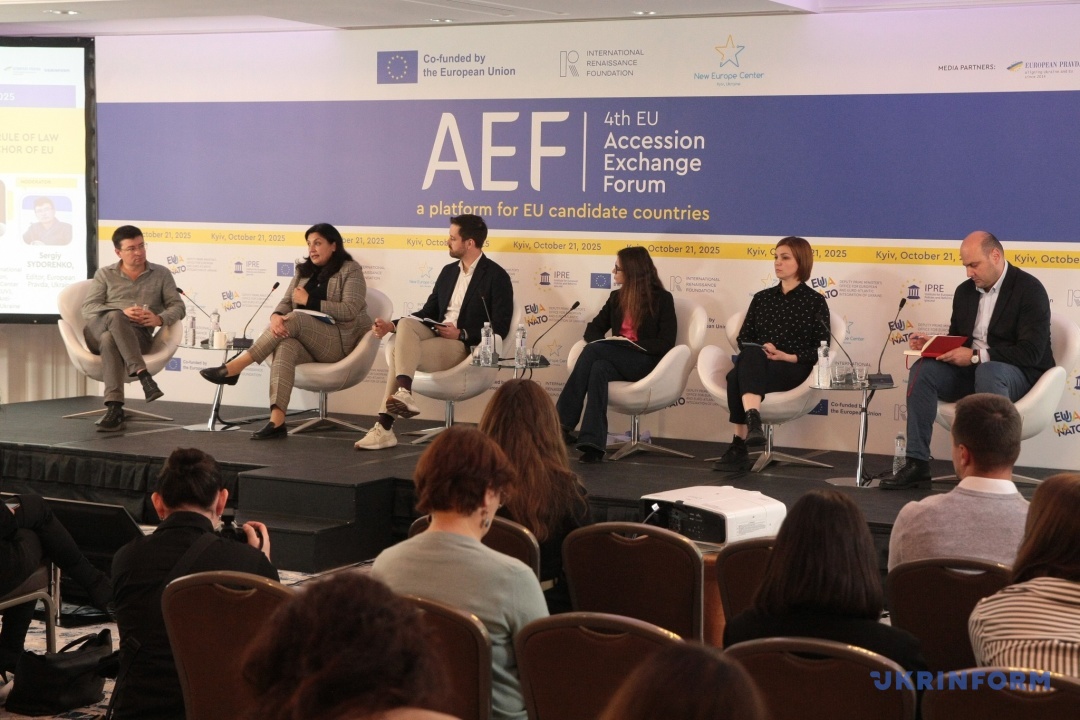
IS IT POSSIBLE TO BE A ‘MODEL STUDENT’ WHILE FIGHTING FOR SURVIVAL
One of the key requirements that Ukraine must carefully fulfil on its path to European integration is adherence to the rule of law and high-quality anti-corruption work.
There can be no compromises here. At one time, the EU’s chief ‘inspector’, European Commissioner for Enlargement Marta Kos, repeatedly pointed out that she would monitor these issues very closely and would not make any concessions.
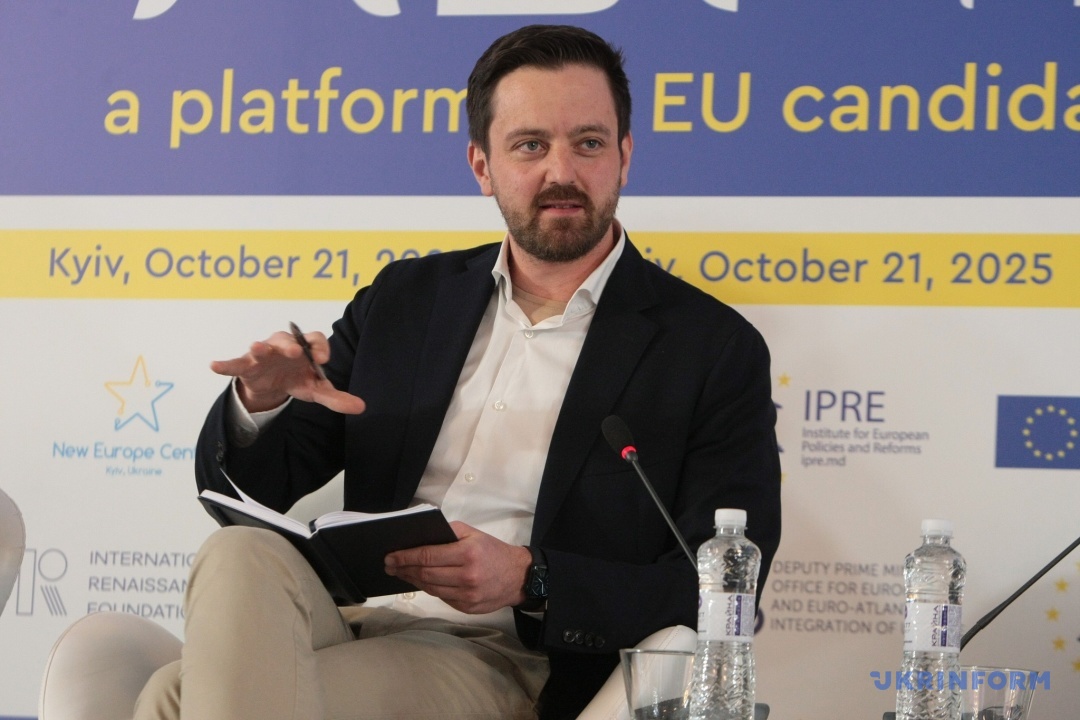
Matias Nelles, CEO and co-founder of the German-Ukrainian Bureau, acknowledged that it is not easy for Ukraine to operate in an imperfect environment where it is fighting for its own survival and at the same time is expected to behave like a Musterschüler (model student), as they say in Germany.
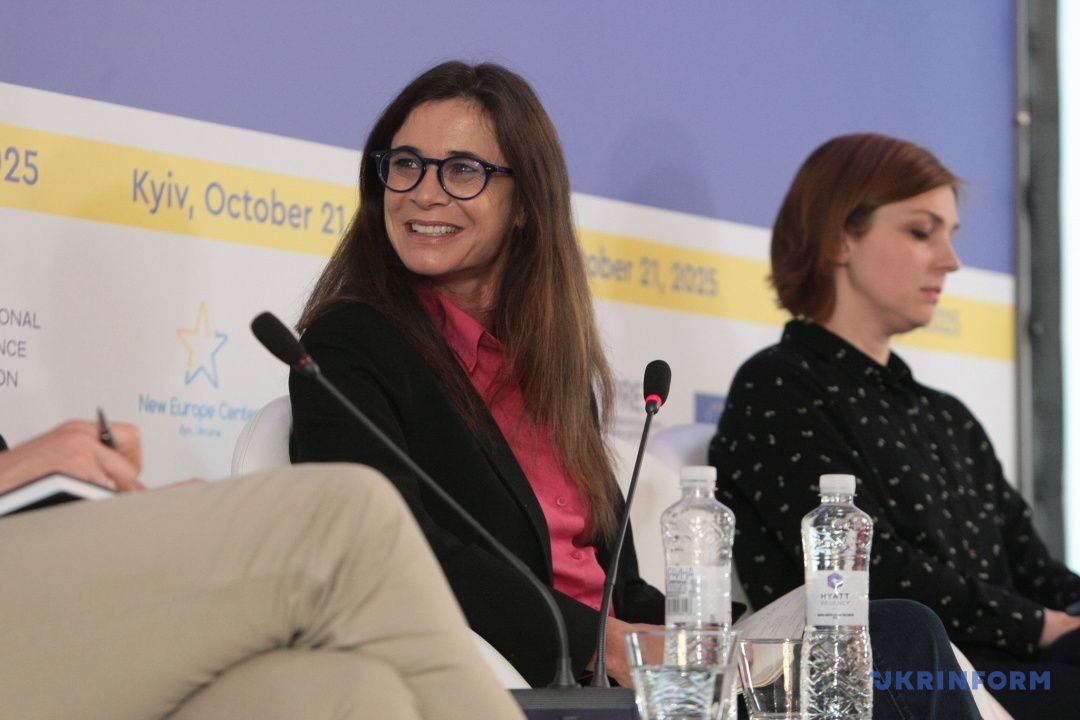
It is important that at least some people in the European media understand that the dynamics of public opinion about Ukraine’s subjectivity and role in European security directly depend on the nature of the information presented about Ukraine and its struggle for freedom. Paola Peruzzi, deputy editor-in-chief of the Italian newspaper Il Foglio, believes that the fatigue of many media professionals with the topic of war has, unfortunately, changed the perception of Ukraine in Italy and in Western Europe as a whole.
This narrative of fatigue emerged in 2023: ‘It’s about a long war with no end in sight, no clear winner, and it seems like we’re at an impasse.’
In addition, according to the journalist’s observations, the Italian media, in particular, demand more from Ukraine than from their own government. For example, this summer’s protests were discussed almost as the end of the reform process.
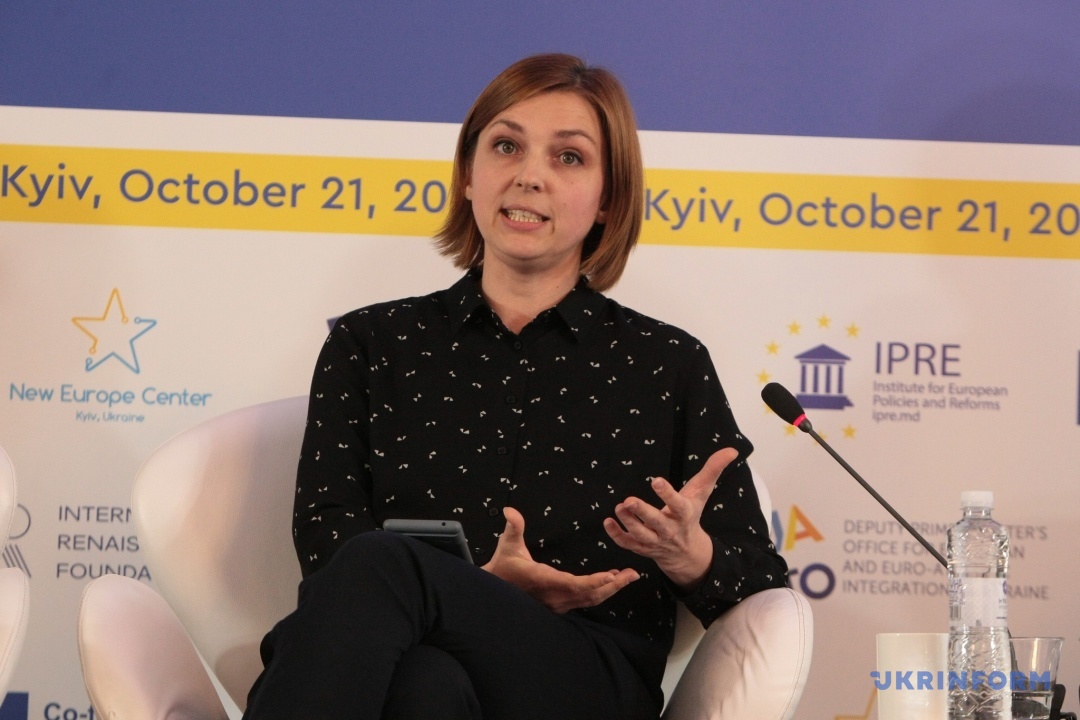
However, Europeans should understand that democracy is so deeply rooted in Ukrainian society that Ukrainians will always find a way to protect independent institutions, emphasised Olena Halushka, a member of the board of the International Renaissance Foundation.
HOW EXPANSION DEPENDS ON THE COURSE OF THE WAR
Given the kinetic war in Ukraine, which has been going on for three and a half years, as well as Russia’s growing hybrid attacks against EU countries (or rather NATO countries, since this bloc is Moscow’s main target when it tests the strength of Europe’s defences), it is quite dangerous to separate the issues of war and EU enlargement.
‘If Ukraine loses the war, there will be no enlargement. So, in a sense, this is the first time in history that your army is one of the most important instruments of enlargement,’ says Yana Kobzova of the ECFR.
She is certainly right, but it is important to add that if Russia wins, Europe will no longer be able to simply help a third country ‘on the front line of our defence,’ as is often said in Brussels, but will be forced to prepare for direct military confrontation with the aggressor. And, importantly, this aggressor will then throw all the resources available to it in Ukraine against Europe.
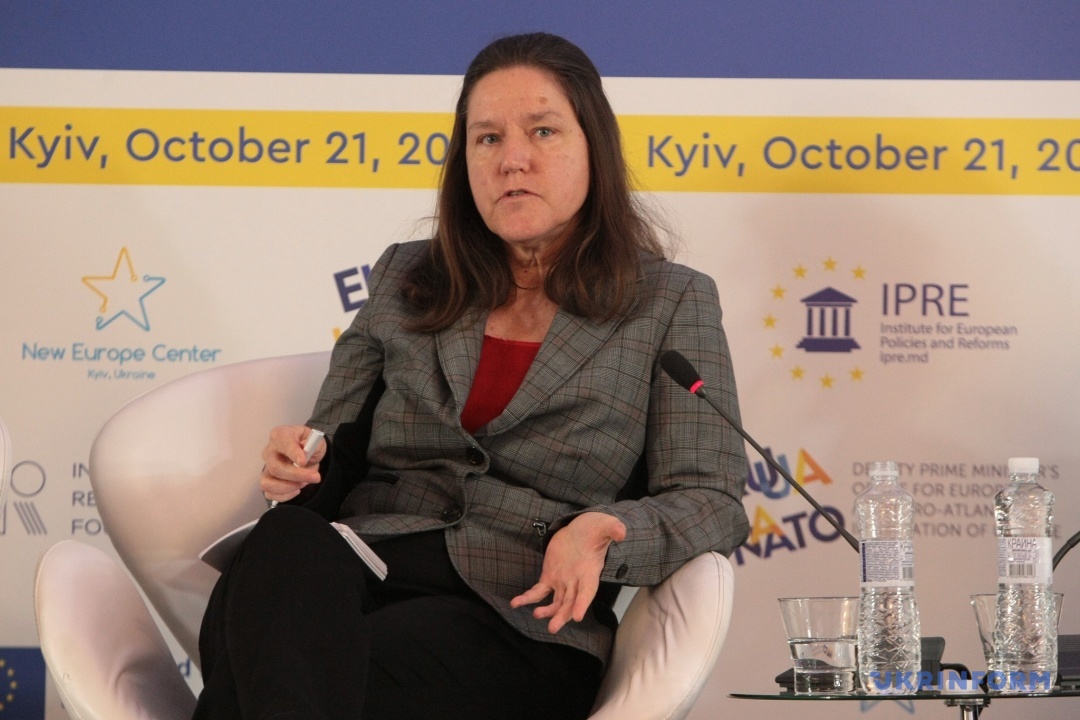
In turn, Susan Stewart, an expert at the German Institute for International and Security Affairs (SWP), noted a certain risk of limiting Ukraine’s involvement in EU affairs to security issues alone, as the desire for economic integration is no less important.
‘Ukraine must gradually integrate into various sectors to ensure full involvement and refute the argument that it is only valuable as a partner in the field of security, and not in areas such as agriculture or trade,’ Stewart believes.
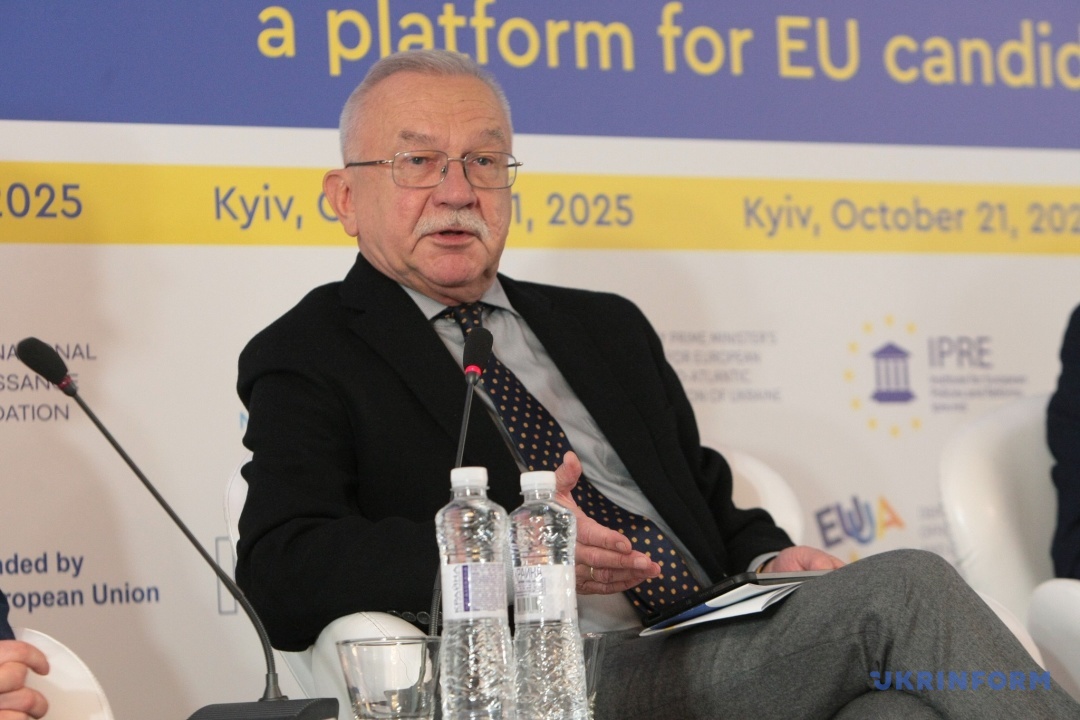
Igor Dolgov, diplomat and international analyst at Ukrinform, offered a bit of a cold shower for sceptics of the idea of joining the EU: “Ukraine and its Armed Forces are the cornerstone of the future security architecture, because the alternative is very simple: Putin’s peace plan, which was actually announced back in December 2021, which envisages NATO returning to its 1997 borders and Ukraine becoming politically and economically dependent on the Russian Federation.”
At the same time, he added that, in general, Europe understands this rather poor choice.
Emphasising that Russia does not need to invent anything new to justify its aggression, he recalled that, for example, several hundred thousand Russian-speaking people live in Germany, which is already a compelling reason for Putin to ‘protect them’.
Therefore, in reality, Europe has no alternative. It must expand, and Ukraine must become part of it.
Source: Ukrinform

